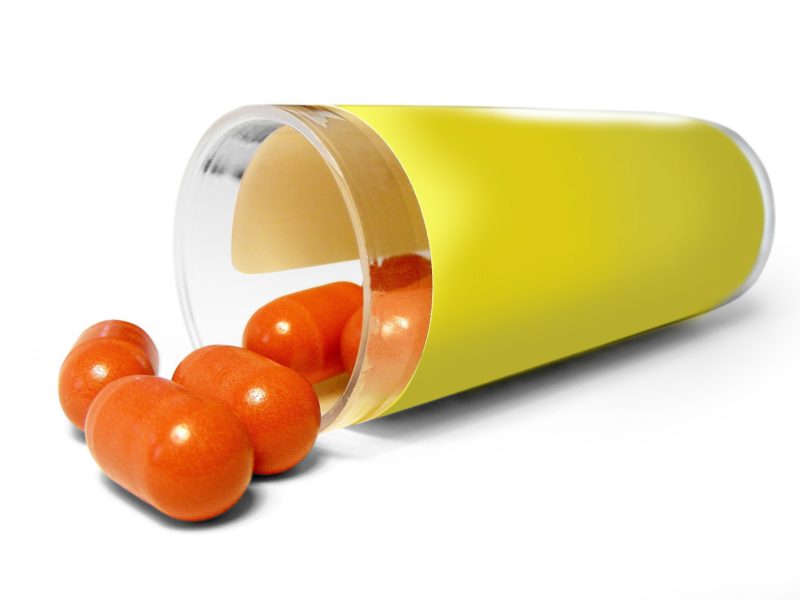Managing Diabetes Without Insulin
In many cases, people with type 2 diabetes need insulin injections to manage their blood glucose levels. For others, type 2 diabetes can be handled without insulin. Depending upon your health history, your doctor might recommend that you manage type 2 diabetes through a combination of lifestyle changes, oral medications, or other treatments.
Here are some things to understand about managing type 2 diabetes without insulin.
Lifestyle: It’s important
Some individuals with type 2 diabetes can control their blood sugar level with some modification of their lifestyle. Even if you do need medication, a healthy way of life choices are important.
To help handle your blood glucose levels, try to:
– eat and follow a well-balanced diet plan
– get at least 30 minutes of aerobic exercise per day, five days per week
– complete at least two sessions of muscle-strengthening activities weekly
– get enough sleep
Depending on your present weight and height, your medical professional may encourage you to slim down. Your medical professional or dietitian can assist you with developing a safe and efficient weight-loss plan.
Numerous types of oral medication are offered
In addition to lifestyle changes, your medical professional might prescribe oral medications for type 2 diabetes. They can assist with lowering your blood sugar levels.
Various classes of oral medication are available to deal with type 2 diabetes, consisting of:
– alpha-glucosidase inhibitors
– biguanides
– bile acid sequestrants
– dopamine-2 agonists
– DPP-4 inhibitors
– meglitinides
– SGLT2 inhibitors
– sulfonylureas
– TZDs
In many cases, you may require a mix of oral medications. This is known as oral combination therapy. You might need to try several kinds of medication to discover a routine that works for you. Your medical professional might prescribe other injectable medication.
Insulin is not the only type of injectable medication utilized to treat type 2 diabetes. In many cases, your doctor might prescribe other injectable medications. For instance, medications such as GLP-1 receptor agonists and amylin analogues need to be injected. These types of medications both work to keep your blood glucose levels within a normal range, particularly after meals. Depending upon the specific medication, you might require to inject it everyday or weekly. If your medical professional prescribes an injectable medication, ask when and how to take it. They can help you find out how to safely inject the medication and dispose of utilized needles.
Weight-loss surgical treatment may be a choice
If your body mass index– your weight and height measurements– fulfills the requirements for obesity, your doctor might recommend weight-loss surgery to help treat type 2 diabetes. This procedure is likewise known as metabolic or bariatric surgery. It can assist with improving your blood glucose levels and lower your threat of diabetic issues.
In a joint declaration released in 2016, numerous diabetes organizations recommended weight loss surgical treatment to deal with type 2 diabetes in individuals with a BMI of 40 or higher. They also suggested weight loss surgery for individuals who have a BMI of 35 to 39 and a history of unsuccessfully attempting to handle their blood sugar level with life changes and medications. Your medical professional can help you discover if weight loss surgical treatment is a choice for you.
Some treatments can trigger side effects
Different types of medication, surgical treatment, and other treatments can cause side effects. The type and threat of adverse effects varies, from one treatment to another. Before you begin taking a brand-new medication, speak with your medical professional about the potential benefits and risks of using it. Ask if it can potentially cause a negative reaction with any other medications or supplements that you take. You ought to also let your medical professional know if you are pregnant or breastfeeding, given that some medications are not safe for pregnant or breastfeeding people to use.
Surgical treatment can likewise put you at risk of adverse effects, such as infection at an incision site. Before you go through any operation, ask your physician about the possible benefits and threats. Talk with them about the recovery procedure, consisting of steps you can take to minimize your danger of post-surgery issues. If you think that you have actually developed negative effects from treatment, contact your medical professional. They can help determine the reason for your symptoms. In some cases, they may change your treatment plan to help alleviate or avoid side effects.
Your treatment requirements call for modification
In time, your condition and treatment requirements can change. If you have found it challenging to manage your blood sugar level with lifestyle changes and other medications, your doctor may prescribe insulin. Following their advised treatment strategy can assist you with managing your condition and lowering your risk of more problems.
The takeaway
Lots of treatments are offered for type 2 diabetes. If you have concerns or issues about your present treatment plan, talk with your medical professional. They can assist you with understanding your options and develop a strategy that works for you. Medical professionals may also recommend you change your diabetic testing equipment. When this occurs you may get stuck with unused boxes of diabetic test strips. Keep in mind you can get cash for diabetic test strips to companies that buy unused test strips.

